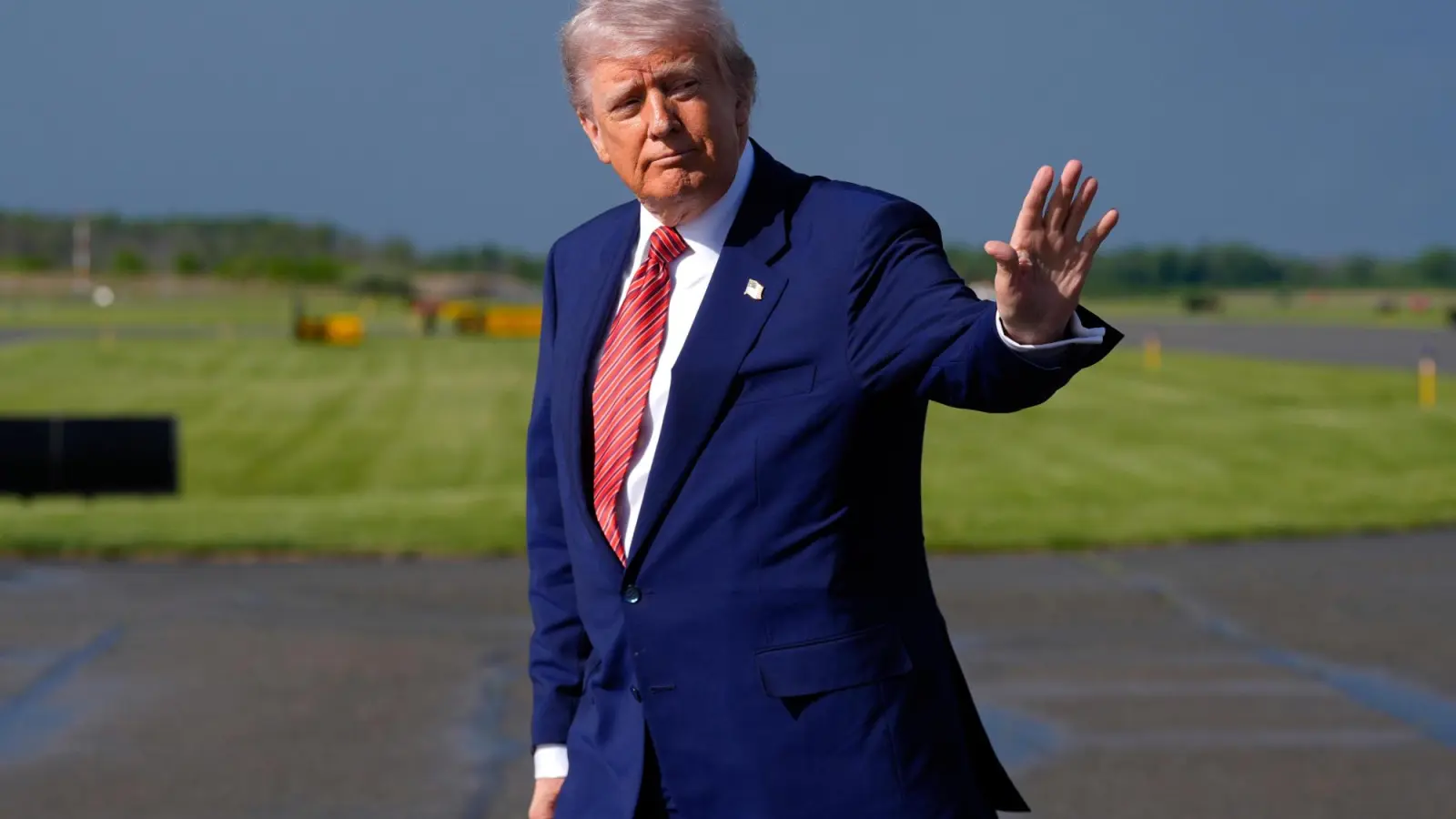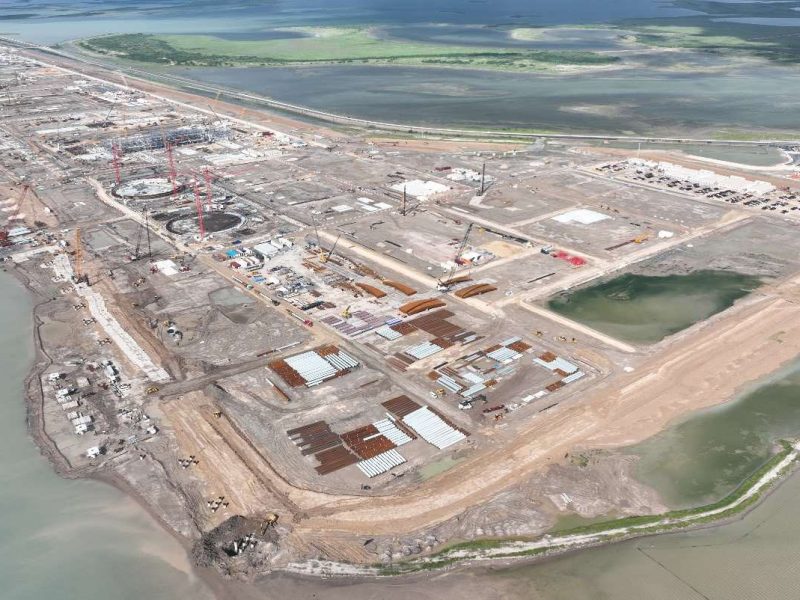In a move that stirred headlines and speculation, Elon Musk leaves Trump administration role, ending his brief involvement in former President Donald Trump’s advisory councils. Musk’s departure, which took place in mid-2017, followed Trump’s decision to withdraw the United States from the Paris Climate Agreement—a turning point that pushed Musk to take a stand.
Why Did Elon Musk Join the Trump Administration?
At the start of Trump’s presidency, several CEOs were invited to join advisory councils aimed at providing business input on U.S. policy. Elon Musk, CEO of Tesla and SpaceX, was among them. Despite sharp contrasts between his clean energy goals and Trump’s fossil fuel-friendly agenda, Musk said he hoped to influence decisions from the inside.
Musk joined two advisory groups: the Strategic and Policy Forum and the Manufacturing Jobs Initiative. His goal was to provide insight on renewable energy, manufacturing, and sustainable innovation. The move was controversial, but Musk defended his seat at the table as a chance to push for progress.
Why Did Elon Musk Leave?
The tipping point came on June 1, 2017. When Trump announced the U.S. would exit the Paris Climate Agreement, Musk promptly tweeted, “Am departing presidential councils. Climate change is real. Leaving Paris is not good for America or the world.”
For Musk, the Paris Agreement wasn’t just symbolic. It aligned with his mission to accelerate the world’s transition to sustainable energy. Staying in the agreement, in his view, was vital. Leaving it undermined everything he was working toward through Tesla and SolarCity. His decision to step down was a rare public break with presidential policy—and a moment that won him praise from many in the environmental and tech sectors.
What Was the Reaction?
The response was mixed. Critics accused Musk of being too slow to leave. Supporters viewed his exit as a principled stand, arguing it signaled that business leaders wouldn’t automatically support government actions they opposed.
Musk’s departure also prompted other CEOs—like Disney’s Bob Iger—to step down from similar roles, sparking a broader movement of corporate leaders distancing themselves from Trump-era policies that conflicted with their values or brands.
What Does It Mean Today?
Looking back, the moment when Elon Musk left the Trump administration role marked a shift in how corporate leaders engage with politics. It raised questions about the limits of influence from within and when it’s time to walk away.
For Musk, it was a calculated choice that aligned with his long-term vision. It showed that even the most high-profile innovators are willing to take a public stand when their core values are on the line.



